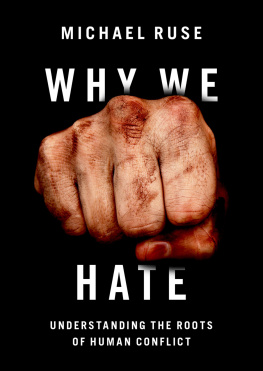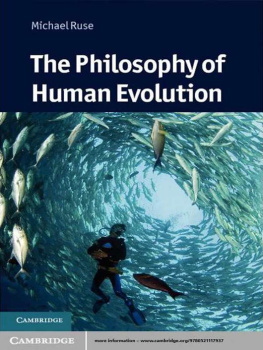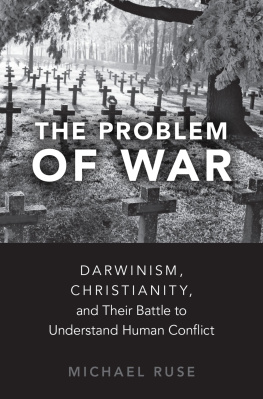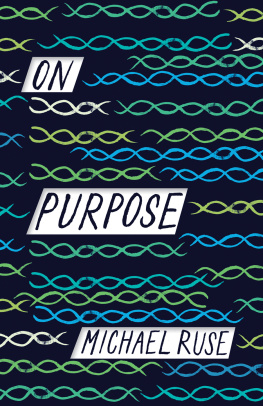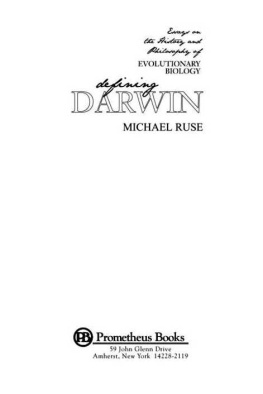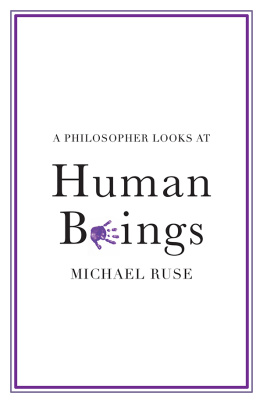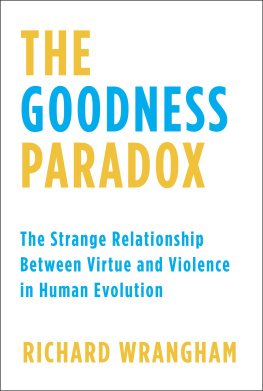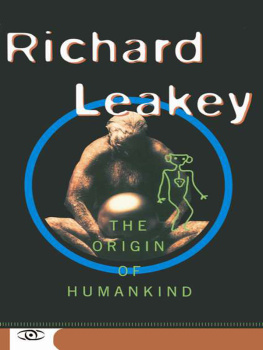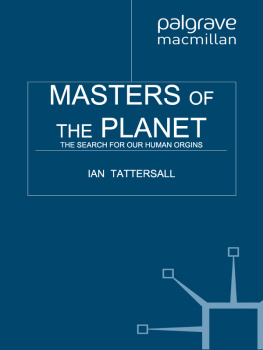Why We Hate

Oxford University Press is a department of the University of Oxford. It furthers the Universitys objective of excellence in research, scholarship, and education by publishing worldwide. Oxford is a registered trade mark of Oxford University Press in the UK and certain other countries.
Published in the United States of America by Oxford University Press
198 Madison Avenue, New York, NY 10016, United States of America.
Oxford University Press 2022
All rights reserved. No part of this publication may be reproduced, stored in a retrieval system, or transmitted, in any form or by any means, without the prior permission in writing of Oxford University Press, or as expressly permitted by law, by license, or under terms agreed with the appropriate reproduction rights organization. Inquiries concerning reproduction outside the scope of the above should be sent to the Rights Department, Oxford University Press, at the address above.
You must not circulate this work in any other form and you must impose this same condition on any acquirer.
Library of Congress Control Number: 2022900031
ISBN 9780197621288
eISBN 9780197621301
DOI: 10.1093/oso/9780197621288.001.0001
To the memory of the members of the Warwickshire Monthly Meeting of the Religious Society of Friends (Quakers), who, in the years after the Second World War, gave so much to the children in the group and whose loving influence has guided and enriched my whole life.
Contents
I was raised a Quaker in the years after the Second World War. Quakers dont have the usual trimmings of religionpreachers, churches (steeple houses as we called them of old), or creeds and dogmas and that sort of thing. However, to conclude that Quakers have no strong beliefs is to make a major mistake. They could give St. Paul a run for his money. Above all, for me, being a Quaker meant being part of a community with my fellow human beings. We were never very good at literal readings of the Bible, but my goodness we took the Sermon on the Mount seriously. Ye have heard that it hath been said, An eye for an eye, and a tooth for a tooth: But I say unto you, That ye resist not evil: but whosoever shall smite thee on thy right cheek, turn to him the other also (Matthew 5:3839). And: Ye have heard that it hath been said, Thou shalt love thy neighbor, and hate thine enemy. But I say unto you, Love your enemies, bless them that curse you, do good to them that hate you, and pray for them which despitefully use you, and persecute you (4344).
That is our role in life and how we serve our Lord. Loving other human beings. Quakers talk of the inner light, that of God in every person, and that resonates to this day. Always inspiring me, haunting me in a way, is the great elegy of the metaphysical poet John Donne that hung on the wall of nigh every meeting house, where Quakers met to worship in silence.
No man is an island,
Entire of itself,
Every man is a piece of the continent,
A part of the main.
If a clod be washed away by the sea,
Europe is the less.
As well as if a promontory were.
As well as if a manor of thy friends
Or of thine own were:
Any mans death diminishes me,
Because I am involved in mankind,
And therefore never send to know for whom the bell tolls;
It tolls for thee.
(Meditation 17, from Devotions Upon Emergent Occasions, 1624)
Here was the paradox that has never left me, unchanged by my loss of faith when I was twenty years old. If we are such social beings, how can we be so hateful to each other? In my early years, memories of the Second World War hung over us all: Poland, the Fall of France, the Blitz, Barbarossa, Pearl Harbor, Stalingrad, and on down to the end, the Battle of the Bulge and the bombing of Dresden. Across the world, Hiroshima and Nagasaki. Yet this only confirmed what we already knew. The Second World War was the more recent, but it was the First World Warthe Great Warthat permeated every aspect of our culture. My teachers in primary school were single women, who had lost fiancs and husbands on the battlefields of Flanders. Parks had lonely men wandering aimlesslyshell shocked, as we were told in pitying terms. Go into the front parlor, the room unused except for Sundays and special occasions, like funerals. There stood a picture of Uncle Bert, eighteen years old, proud in his new uniform. Dead at twenty at Passchendaele. Then I went to Canada when I was twenty-two and soon found that it was the Great War that defined that countryas it did other parts of the Commonwealth, notably Australia and New Zealand. The triumphswhen the Canadians at Easter 1917 took Vimy Ridge, that had withstood so many earlier attemptsand the tragedieswhen on July 1, 1916, the first day of the Battle of the Somme, some eight hundred members of the Newfoundland Regiment went over the top, and the next morning at roll call there were but sixty-eight who responded. Every day, walking to and from my university, I passed the birthplace of John McCrae, author of the most-quoted poem of the war: In Flanders Fields.
Add to all of this the dreadful ways in which we behave to each other in our daily lives. Above all, in the years after the war, as we became increasingly aware of the horrors of the Holocaust, we saw the depths to which we humans could fall. It is but part of a general story of prejudice, and there is not one of us who can look back on history without guilt and regret. No one living in the American South, as do I, can avoid daily reminders of the appalling treatment of white people toward black people. Over two centuries of slavery followed by a century of Jim Crow. Contempt, belittlement, lack of respecttoward strangers, toward people of different classes, toward members of other races, toward those with minority sexual orientations, toward adherents of different religions, toward the disabled, toward Jews, and of men toward women. Was it not navet, bordering on the callous, to go on talking about the social naturethe inherent goodnessof human beings? It is this, our conflicted natureso social, so hatefulthat has driven me to write this book. I have found that, in the past two decades, there have been incredibly important discoveries and reinterpretations of our understanding of human evolution. Discoveries and reinterpretations highly pertinent to my quest. Finally, there seem to be some answers. I am amazed at and grateful for what I learned. It is this new understanding that I want to share, less concerned about whether you agree or disagree with me than that you appreciate the importance of the problem and the need to continue the inquiry. It is a moral obligation laid on us all. If you doubt me, think Ukraine.
Working on such a project as this, I realize my fortune at being embedded in a community of scholars who share with me the conviction that, in some important sense, tackling the issues of this book must be a joint effort. Above all, I want to thank the anthropologists and archaeologists whose focus is on war and its origins. Most importantly, Douglas Fry, of the University of North Carolina at Greensboro, has been as helpful as he has been inspiring. Others, who have responded in a friendly and encouraging way to endless questions from a complete stranger, include Brian Ferguson, of Rutgers University; Jonathan Haas and Matthew Piscitelli, both of the Field Museum in Chicago; and Brian Hayden of Simon Fraser University, in British Columbia. Closer to my home fields of study, as always I am in debt to John Kelsay, my colleague here at Florida State University and an expert on just war theory in Islam; and also to Robert J. Richards of the University of Chicago and to Joe Cain at University College, London, both of whom have been very important in helping me to put evolutionary thinking into a broader context. And I am especially grateful to my graduate students who went with me on a trip to the battlefields of northern France, where, in the Great War, so many of all nations died because their leaders failed them. These young people, those living today and those dead yesterday, convinced me that I had to write this book.

